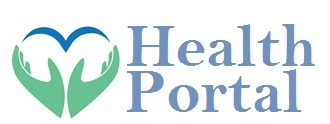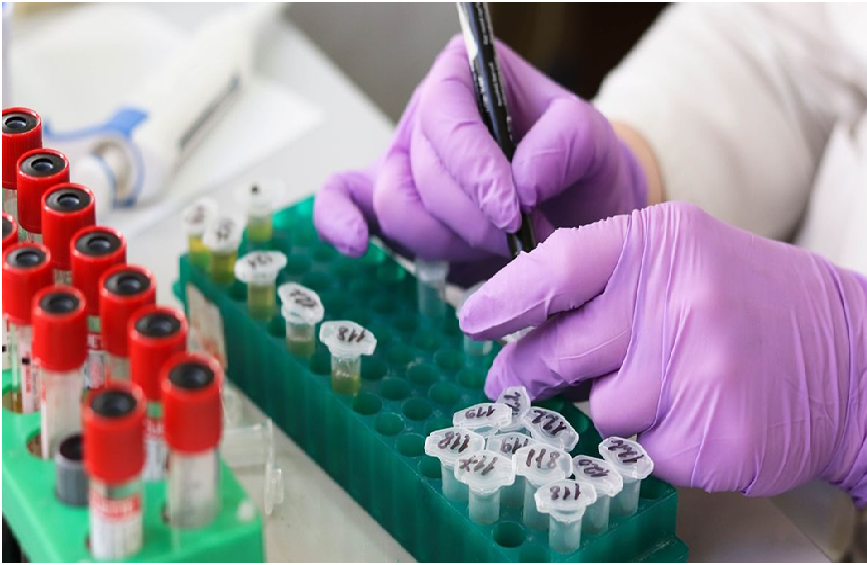It’s very important to protect your own health data, since it can be used to obtain valuable information about you as an individual. There are many different ways that ley de protección de datos sanitarios can be kept safe and secure, from using strong passwords on all of your accounts to being careful about which pieces of information you share with others. If you want to make sure your health data stays safe and secure, these are some key steps you can take in order to do so.
style="display:block; text-align:center;" data-ad-layout="in-article" data-ad-format="fluid" data-ad-client="ca-pub-8288407026647732" data-ad-slot="7132473077">
Unfortunately, the health data industry has proven vulnerable to cyber attacks in the past. Because of this, it’s increasingly important to make sure your company’s information remains secure at all times. Here are some things to keep in mind if you want to protect your company’s data from outside attacks and corruption, so you can stay on top of all your projects and tasks no matter what happens.
What Is Health Data Protection?
Data protection is an important issue when it comes to medical information. Doctors, hospitals, labs and other medical providers have a responsibility to protect their patient’s privacy.
When you visit your doctor for an annual checkup, they may collect your name, address, age and other information about you in order to keep a record of your health. They may also ask for insurance information if you’re insured.
But what happens if your doctor has to share that information with another doctor? Or worse, what happens when that information is stolen from the hospital? That’s where data protection comes in.
The Importance Of Keeping Your Data Safe
It’s important to have the right legal protections in place to safeguard your health data or medical records. This is the point of Health Data Protection, which helps ensure that information is safe and secure.
You’ll want to make sure that you know what type of protection you need as well as how it will be secured. It’s also worth considering whether or not you’re going to share your data or if it will be restricted access only.
If you’re sharing, who can see it? Who can request to view your data? What happens when someone requests access? People generally rely on doctors and other medical professionals for their advice.
With proper education, we can help them better understand our needs while safeguarding ourselves against unwanted use of personal information. The good news is that there are plenty of ways to protect yourself and your data with minimal effort!

